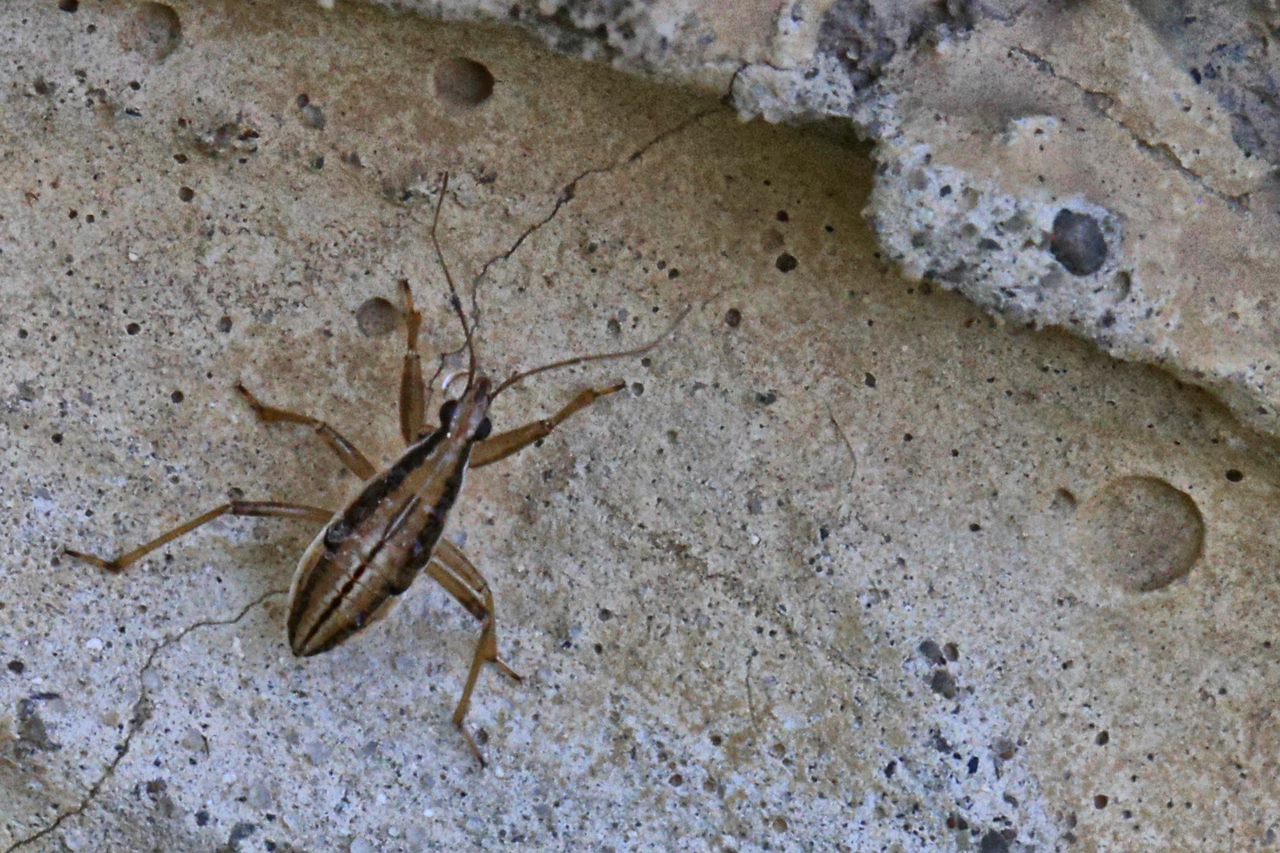Chagas disease, a potentially fatal parasitic infection transmitted by the “kissing bug,” has been identified as endemic in the United States, according to recent research published by the Centers for Disease Control and Prevention (CDC). Previously confined to Latin America, the disease has now spread to 32 U.S. states, with over 300,000 Americans estimated to be infected.
What Is Chagas Disease?
Chagas disease is caused by the parasite Trypanosoma cruzi, which is primarily transmitted through the feces of triatomine insects, commonly known as kissing bugs. These bugs bite humans, often on the face, and then defecate near the bite site. If the feces are rubbed into the bite wound, eyes, or mouth, the parasite can enter the body. Other modes of transmission include congenital transfer, blood transfusions, organ transplants, and, rarely, contaminated food.
Symptoms and Long-Term Effects
The disease progresses in two phases: acute and chronic. The acute phase may present with mild symptoms such as fever, fatigue, body aches, and swelling at the site of infection. However, many cases go unnoticed due to the absence of symptoms. If left untreated, the disease can progress to the chronic phase, potentially leading to serious health issues like heart failure, arrhythmias, and digestive problems.
Geographic Spread and Risk Factors
While Chagas disease was once primarily associated with rural areas in Latin America, it has now been detected in urban and suburban regions across the U.S., including parts of California, Texas, Arizona, and Louisiana. The spread is attributed to factors such as increased travel, migration, and the adaptability of kissing bugs to various environments.
Prevention and Control Measures
Preventing Chagas disease involves reducing exposure to kissing bugs. This can be achieved by:
- Sealing cracks and gaps in homes to prevent bug entry.
- Using insecticides to control bug populations.
- Applying insect repellent and wearing protective clothing.
- Regularly inspecting pets, as they can harbor the parasite.
Public Health Implications
The CDC’s classification of Chagas disease as endemic in the U.S. underscores the need for increased awareness and surveillance. Healthcare providers are encouraged to consider Chagas disease in the differential diagnosis, especially for patients with a history of exposure to kissing bugs or those from endemic regions. Early detection and treatment are crucial in preventing long-term complications.















Leave a Reply